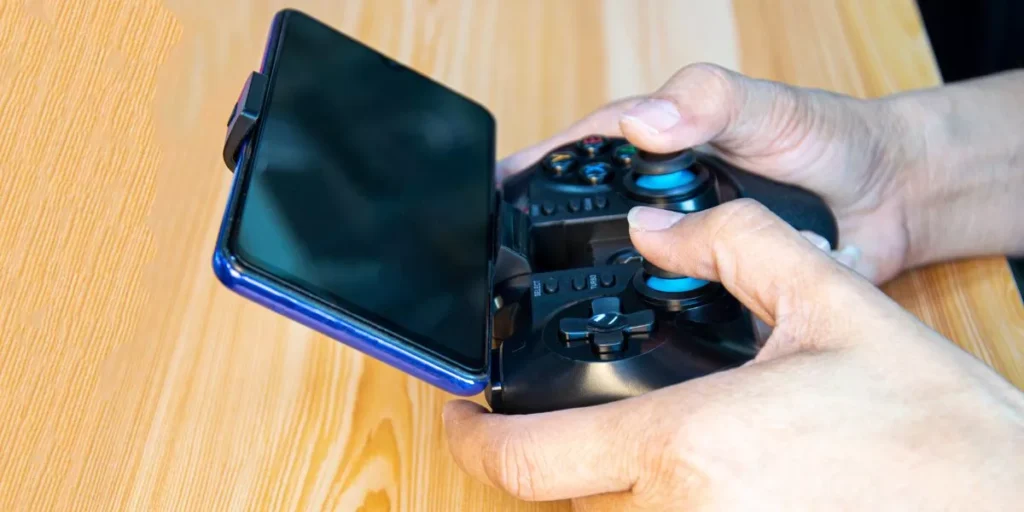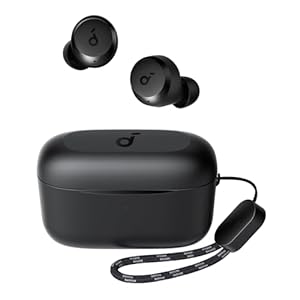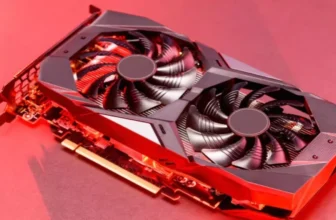
When deciding between gaming PCs and consoles, you may find yourself weighing the pros and cons of each platform. While consoles have their perks with exclusive titles and simplicity, gaming PCs offer a whole different level of performance and customization. But have you ever wondered how these differences truly impact your gaming experience? Let’s explore the nuances of gaming on PCs versus consoles to uncover which may suit your gaming preferences best.
Performance Differences
When comparing gaming PCs to consoles, their performance differences become evident immediately. Gaming PCs offer superior performance due to their customizable hardware and more powerful components. With a gaming PC, you have the flexibility to upgrade your graphics card, processor, and memory to stay ahead of the latest game requirements. This means you can enjoy smoother gameplay, faster load times, and higher frame rates compared to consoles.
Consoles, on the other hand, have fixed hardware configurations that limit their performance capabilities. While consoles are optimized for gaming and offer a seamless plug-and-play experience, they often lag behind gaming PCs in terms of raw processing power. This can result in lower graphics quality, reduced frame rates, and longer loading times for games on consoles.
In essence, gaming PCs provide a performance edge over consoles, allowing you to experience games at higher resolutions and settings. If you prioritize performance and want the best gaming experience possible, a gaming PC is the way to go.
Graphics Comparison
Comparing the graphics of gaming PCs and consoles reveals significant differences in visual quality and performance. Gaming PCs typically offer superior graphics compared to consoles. With more powerful hardware components like high-end graphics cards and processors, gaming PCs can render games at higher resolutions, with smoother frame rates, and enhanced graphical details. This results in sharper images, more realistic lighting effects, and overall more immersive gaming experiences.
On the other hand, consoles have hardware limitations that affect their graphics capabilities. While consoles are optimized for gaming and can still deliver impressive graphics, they often lag behind gaming PCs in terms of raw graphical power. This can translate to lower resolutions, reduced graphical settings, and sometimes less detailed textures in games on consoles.
Ultimately, if you prioritize cutting-edge graphics and want to experience games at their visual best, a gaming PC is the way to go. However, consoles offer a more accessible and user-friendly gaming experience, making them a popular choice for many gamers.
Game Library Variety
With a diverse array of titles available across multiple genres, gaming PCs and consoles offer a wide range of game options to cater to different preferences and interests.
Gaming PCs are known for their extensive library of games, including popular titles like strategy games, MMOs, and indie games. The flexibility of PC gaming allows for a vast selection of both new releases and classic titles, often available through digital platforms like Steam or Epic Games Store.
Consoles, on the other hand, also boast a diverse game library that caters to a wide audience. Exclusive titles such as Halo, Uncharted, and The Legend of Zelda draw players to specific consoles, offering unique gaming experiences that can only be found on those platforms. Additionally, consoles provide access to popular franchises like FIFA, Call of Duty, and Assassin’s Creed, ensuring a varied selection of games for players with different tastes.
Cost Analysis
Looking at the expenses involved in building a gaming PC versus purchasing a console, it’s important to consider both the upfront costs and long-term investment in gaming equipment. Initially, building a gaming PC can be more expensive than buying a console outright. A high-end gaming rig with top-of-the-line components can easily exceed the cost of a console. However, over time, PC gaming can prove to be more cost-effective.
PC games tend to be cheaper than their console counterparts, especially during sales on platforms like Steam. Additionally, the ability to upgrade individual components in a PC allows for incremental improvements over time, potentially extending the lifespan of your gaming setup. On the other hand, consoles have a fixed hardware configuration, limiting upgrade options and requiring a full replacement for any performance boosts.
When considering the overall cost, including game prices, online subscriptions, and potential upgrade expenses, both PC gaming and console gaming have their own financial considerations to weigh.
Tech products














